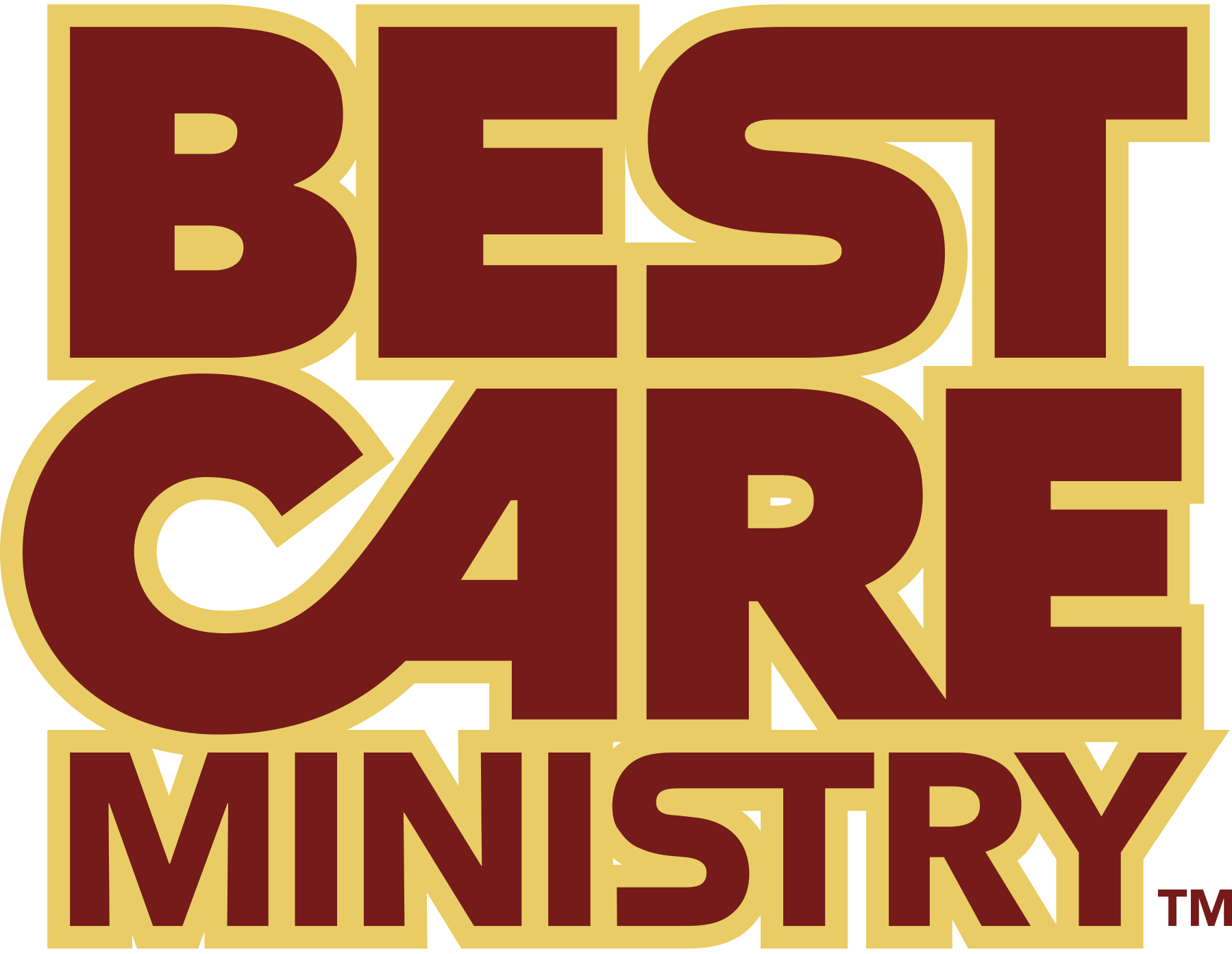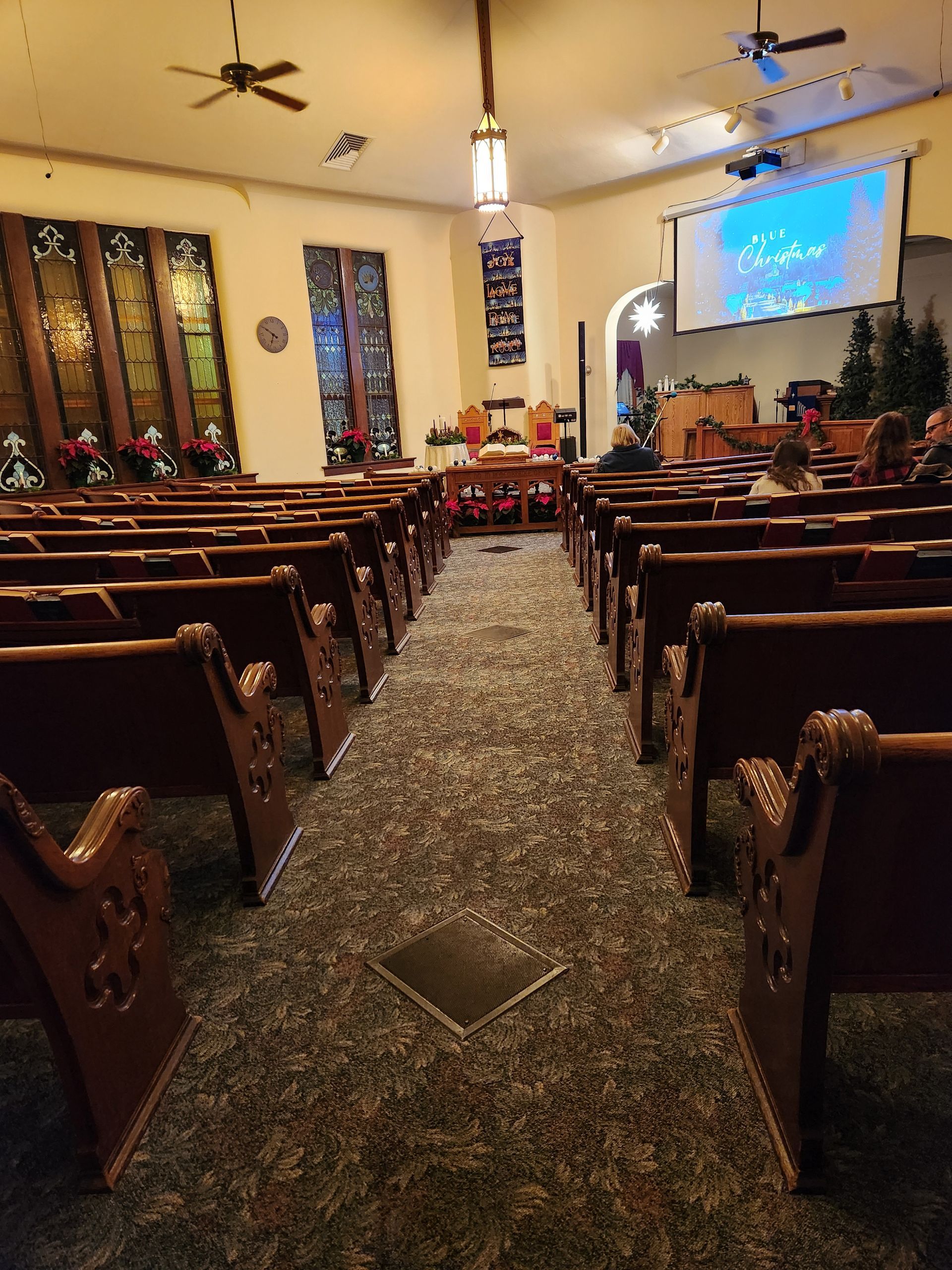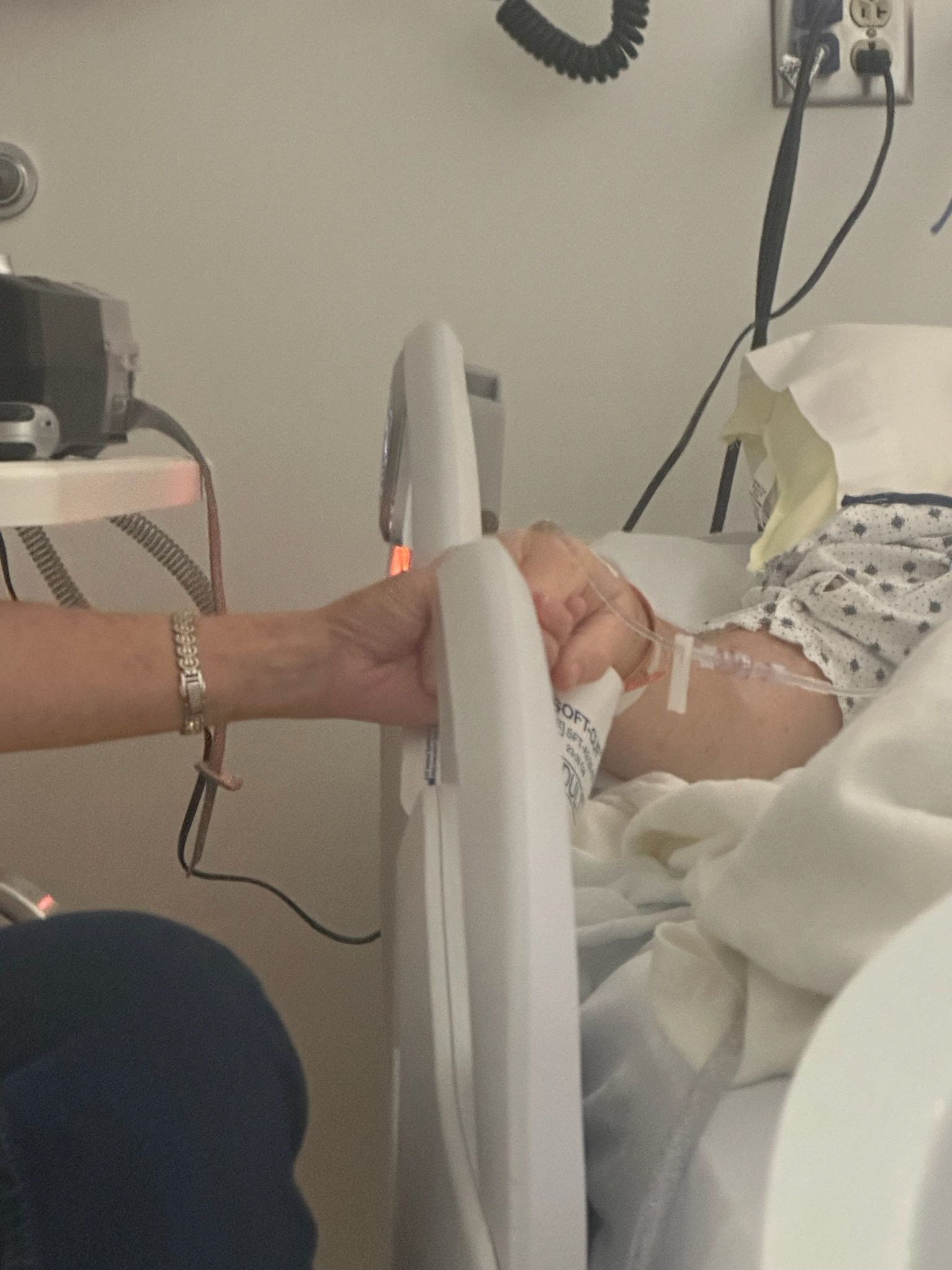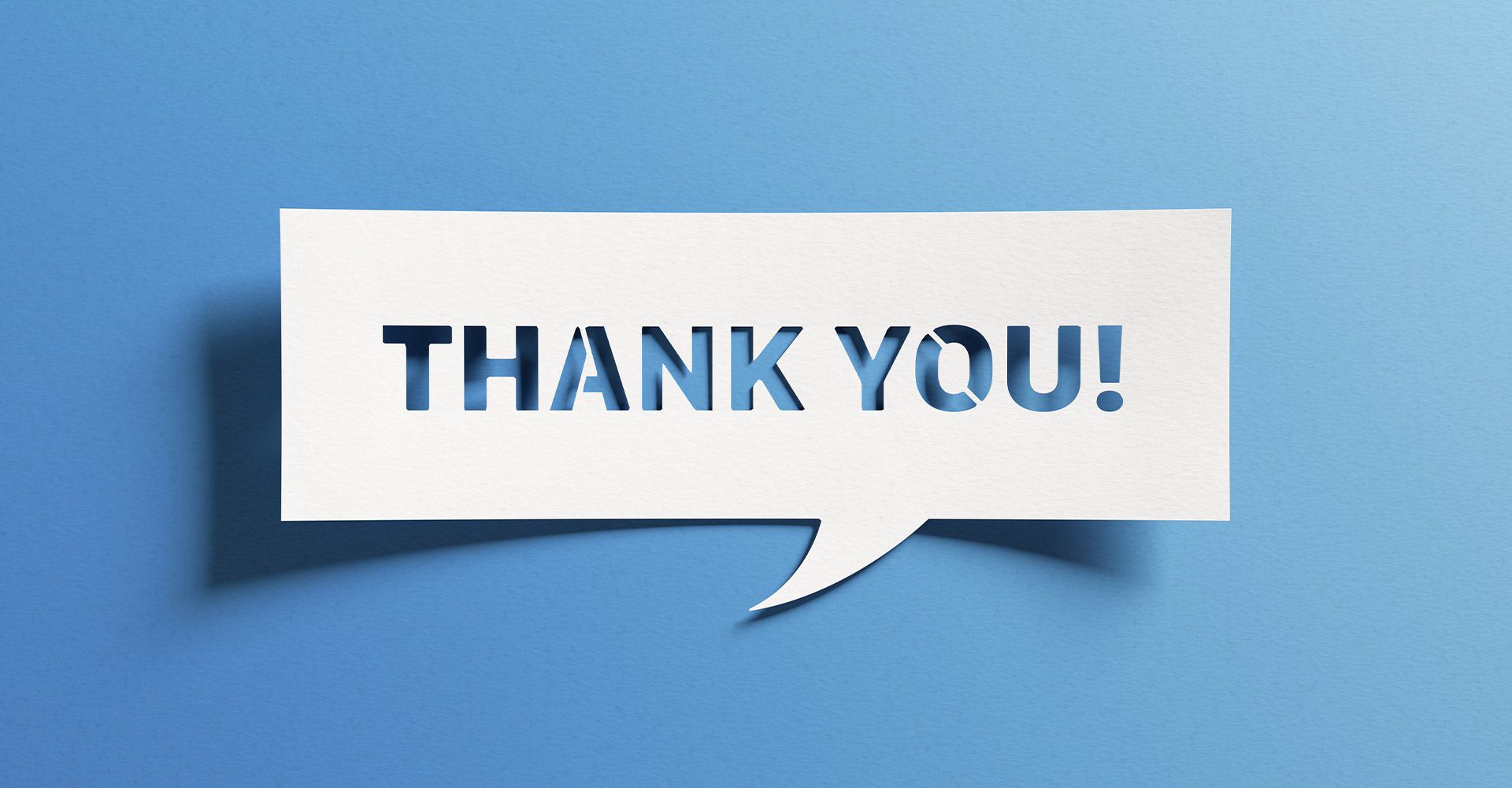My past two weeks have been very intense.
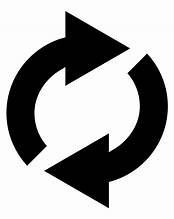
“There is a 18mm growth that is highly suspicious of recurrent disease.”
I trust God. I believe He cares for me and has a plan and purpose for my life.
But, I did not want to read those words when I read the results of my CT scan! The previous eight or ten scans gave the all-clear report of my cancer from four years earlier. I was expecting to get another all clear. One more year and I’d be out-of-the-woods.
It was a beautiful spring morning. I was sitting on my front porch reading my Bible from the You Version App on my phone. So, when the email came in from the Cleveland Clinic, reporting that there were new test results on MyChart, it popped up on the top of my screen.
“Oh good. Let’s get this good news over with and get back to my reading.”
That is when I read those words, and they ignited an explosion of fear, dread and questions that produced no answers.
I did get some work done over the last two weeks but concentration has been very difficult. My emotions have been in a constant storm of highs and lows.
Cancer works very hard to be in control of everything. The battle is fierce.
If you are caring for someone who has just received some bad news, brace yourself for uncontrollable chaos. Don’t try to control it or offer platitudes that are supposed to make everybody feel better: “God’s got this,” or “Everything is going to be alright.”
Just sit with the person and hang on.
I know God is in control and I’ll be clinging to Him to get through this, but I still have a lot of questions. It is almost dismissive of my questions so sum it all up with "God's got this." I understand the motives and I appreciate them. But those words rarely help.
And, no one knows if anything is going to be alright, at least not according to what I want relating to what I am going through!
Presence. Concern by asking questions and listening mean a lot!
“Susan, he’s choking.”
After the findings of my CT scan the doctor ordered an MRI with contrast to get a better look at what was going on. When the scans were finished, I said, “Let’s go out to eat.”
We went to one of our favorite burger places. Actually, it is much more than a burger joint. They also serve ribs, steaks, wings, fish and chips and other comfort foods prepared and presented very nicely.
It wasn’t our normal happy outing to grab a bite, so we were quietly eating our meals. Susan looked at her phone and I glanced around the restaurant when I saw, to my right, a different type of drama taking place. A large man was seriously choking on a large bite of his steak. His wife was trying to give him the Heimlich maneuver. The struggle for both was obvious.
“Susan, he’s choking,” I pounded on our table as I jumped up to run to their table, a couple away from ours. It was one of those "slow-motion" experiences when the events transpire faster than you can think.
I didn’t think about it, look to others in the restaurant nor hesitate even a second. It was like I was suddenly transported to their table and seamlessly stepped in and took over for his wife, who stepped back without a word.
I grabbed him with both arms and with all my might began hoisting him up and down and, for what seemed like a long time, with no visible success.
The steak might have been working its way out, but the struggling sounds of him trying to get a breath, meant something needed to happen soon. The paramedics were being called but his lungs needed air and they hadn’t left the station yet.
I shifted my hands to above his stomach, just under his sternum. Then in a few hard hoisting hugs, the big piece of steak popped out of his mouth. He began to breath and talk and I knew that I had succeeded at my first attempt of administering the Heimlich maneuver on another adult.
“Thank you,” he turned and said, “You saved my life.”
For a few seconds I rubbed his back and then, remembering a line from Bill Murray in the movie Groundhog Day, I said, “Don’t eat the whole cow next time.” The comic relief felt good!
No one in the restaurant applauded nor celebrated. Everyone just took a deep breath that this situation ended positively.
When I sat back down at my table with Susan we just looked at each other. We couldn’t believe what just happened. Temporarily our cancer drama faded from our concern.
The man and his wife came to our table and offered to pay for our dinner. The restaurant already took care of our bill. We all needed to debrief so they sat down with us. We talked, laughed a little, got acquainted and somehow discussed a couple things that matter most to us.
The were Jewish. We are Christian. By the look of the bumper stickers on their car, their political beliefs are different than ours. He was a lawyer and I am a Chaplain.
The dramatic need produced an opportunity to care and the differences that cause much division in our culture, did not matter. The care in action became a bridge that crossed every difference. A relationship was established that had an unforgettable intimacy beyond years of superficial encounters.
Much of life is boring with mundane chores and repetitive routine. There is no urgency. Most of us like times like that and prefer to spice them up with episodes of entertainment and fun.
But, in every life there will be dramatic situations.
And as we live and move through this life, there will be situations where someone will need to be rescued. Those who care will move toward need and pain. "Compassion goes where the pain is," Henry Nouwen writes.
Caring will be intense and frightening.
In these dramatic situations you will wonder if you have what it takes to care in a way that is helpful. You will step into the unknown, a situation and relationship with an uncertain outcome, and ask God to help your presence, listening and response to be enough.
Caring is not for the faint of heart, but for those who get involved, God will work and use you to make an immeasurable difference.
ONE MORE THING
A cancer MRI and using a Heimlich maneuver with a couple hours of each other was pretty intense. Could it mean something? How would I interpret it?
My friend Jason said (and others have said similar), "Even though you are facing this cancer, God is going to use you to care for others in a big way." I like that! I'm going to think and pray about that and I'm going to live that way as much as I can.
One thing for sure, caring for others from the place of your own need works for the caregiver, the care receiver and God's glory.
